The first official objection has been filed to the potential settlement in the landmark House v. NCAA case over athlete name, image, and likeness rights.
In May, the NCAA and power conferences approved a potential multibillion-dollar settlement for the lawsuit (along with two other similar lawsuits), which argues that athletes deserve back pay for not being able to profit from NIL before 2021—and that the definition of NIL should be expanded to include television revenue. The settlement, which the plaintiffs’ lawyers also agreed to, would require power conference schools to start revenue-sharing with players, as well as pay $2.7 billion in damages in conjunction with the NCAA. Non-power conference schools were not defendants.
But not everyone in Division I is happy with the settlement. Houston Christian University, a member of the Southland Conference, filed a request for “intervention” to the settlement terms Thursday. The school argued in court documents that the settlement will adversely impact the school’s finances and cause the cost of attendance to rise due to the schools’ loss of funds. Though not specified, HCU’s complaint likely refers to the plan the NCAA has laid out for covering its portion of damages. The governing body will reduce its annual revenue distributions to conferences in order to cover its portion of damages over a period of 10 years, with the amount of more than $1 billion.
“The proposed settlement will privilege the pursuit of big-money college sports over the needs of ordinary students whom institutions like HCU serve,” the school wrote. “It will divert funds from a university’s core academic mission in favor of big-time sports entertainment.”
HCU also claims it had no say in the settlement terms. In May, a source told Front Office Sports that non-power conferences were not consulted in settlement conversations, and they weren’t even provided financial details during a division-wide meeting with NCAA president Charlie Baker. Instead, the rest of D-I found out about the settlement details only when they were reported in the media, the source said. Big East commissioner Val Ackerman, along with 21 other commissioners, penned a letter to the NCAA asking to change the payment terms to minimize the impact on non-power schools, who were not defendants in the lawsuit.
The settlement agreement is not final, however. The parties must still submit a formal proposal to the court, which they will likely do by the end of July. Then, Judge Claudia Wilken must review it and give plaintiffs an opportunity to object before providing her final approval.
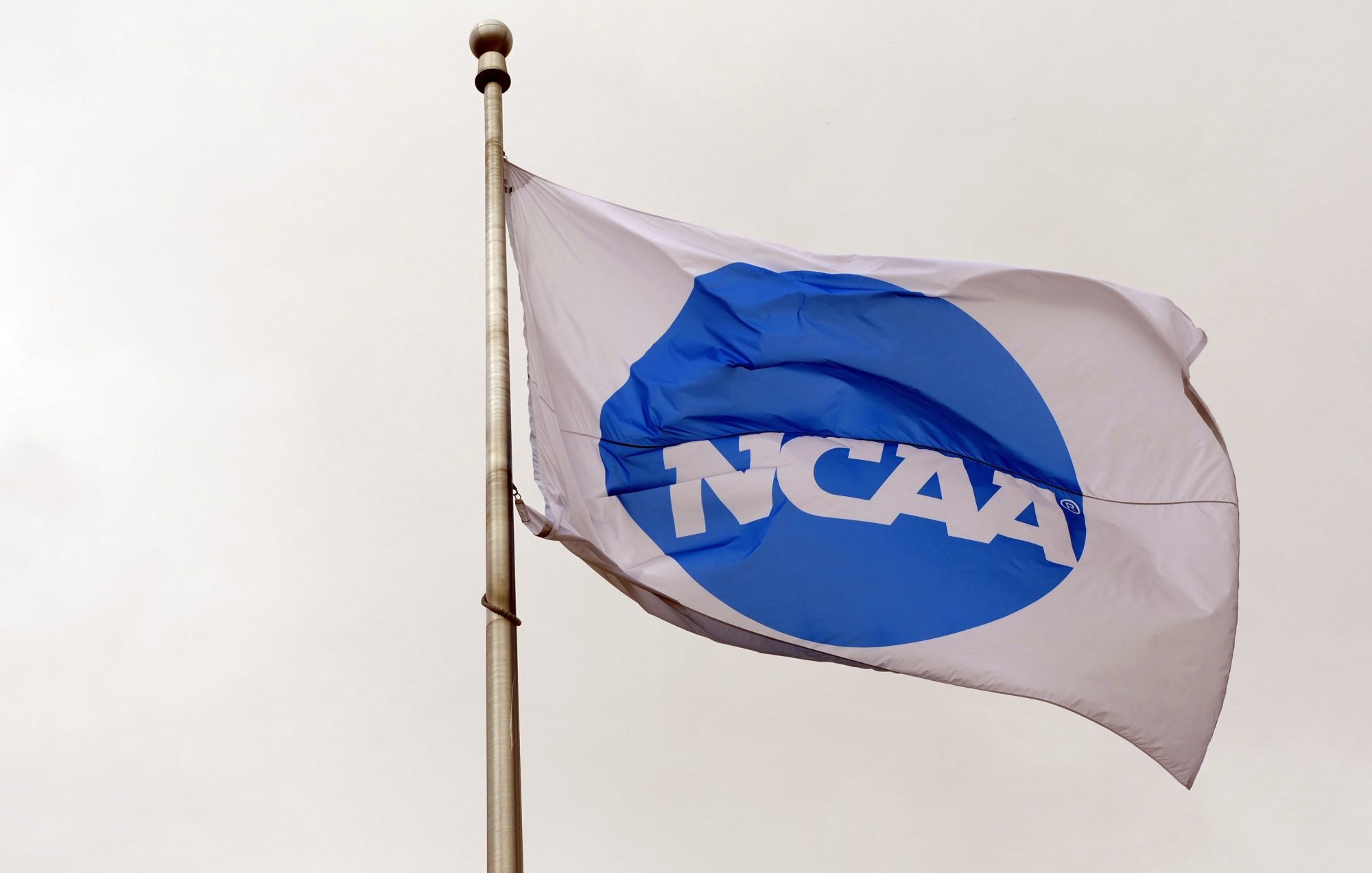
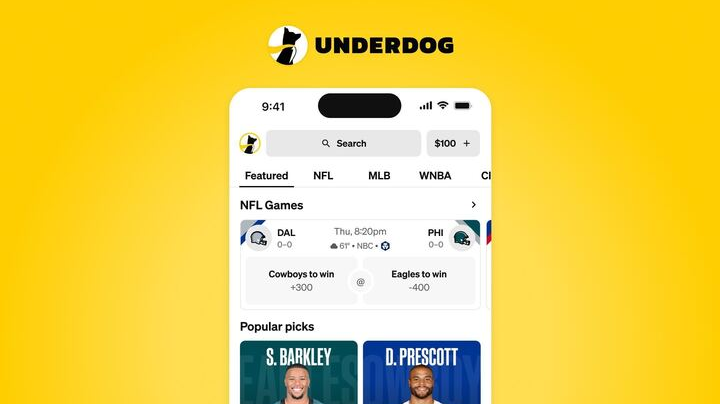
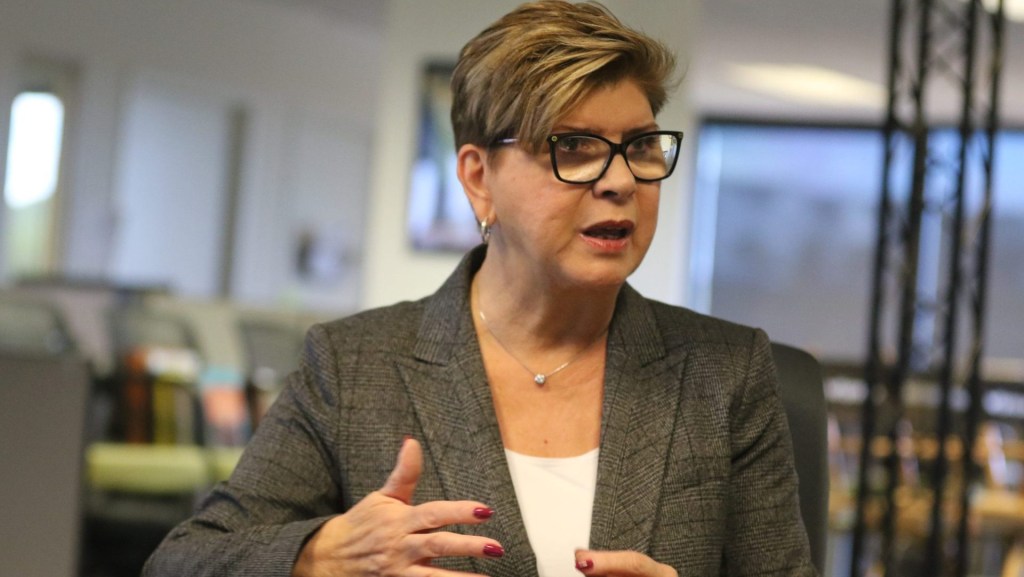
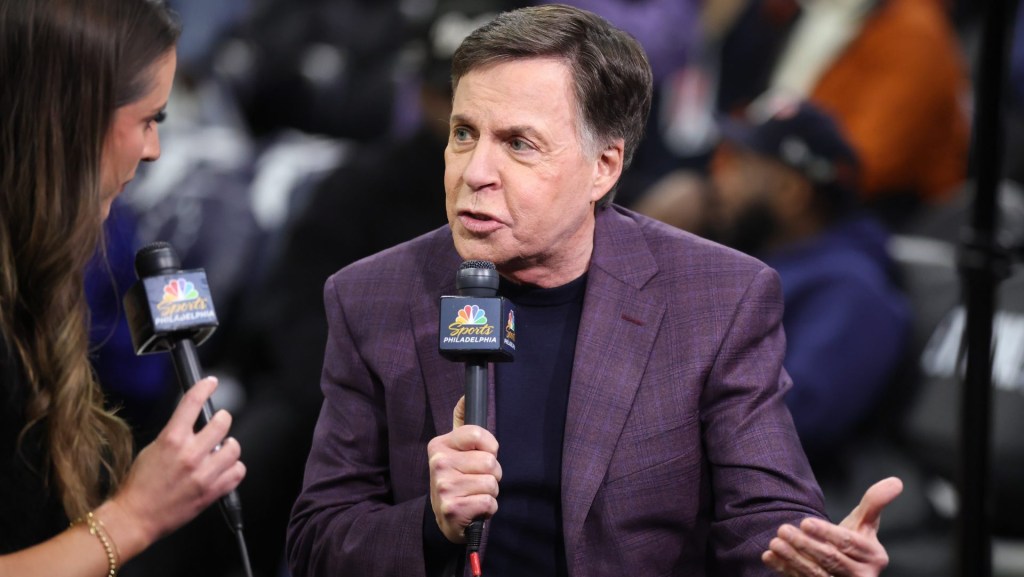
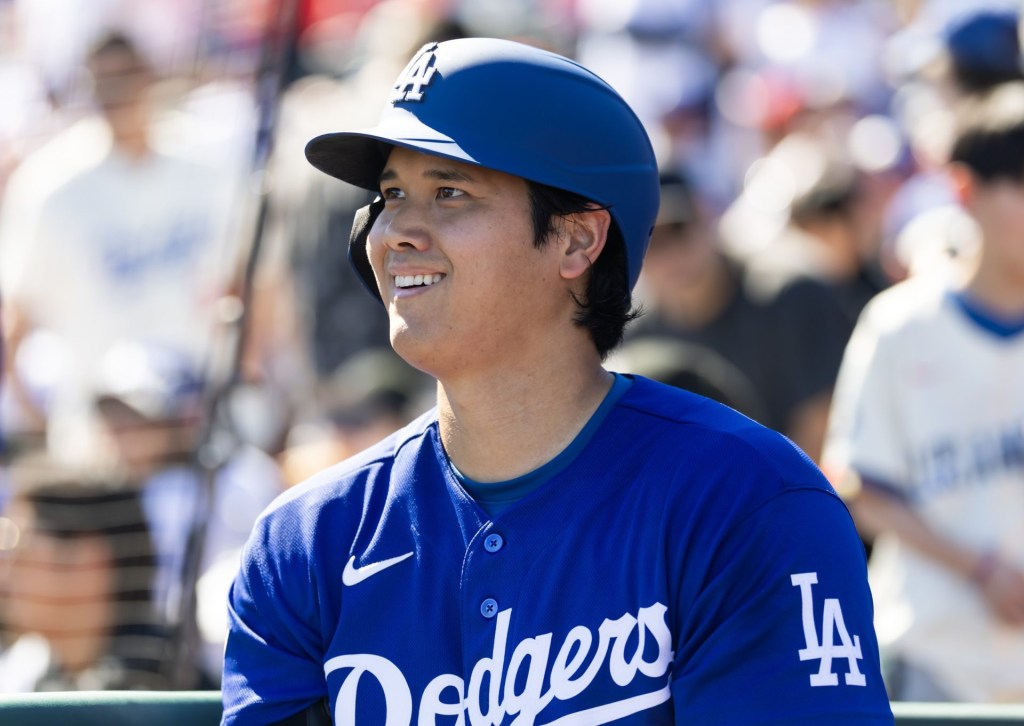


![[Subscription Customers Only] Jun 15, 2025; Seattle, Washington, USA; Botafogo owner John Textor inside the stadium before the match during a group stage match of the 2025 FIFA Club World Cup at Lumen Field.](https://frontofficesports.com/wp-content/uploads/2026/02/USATSI_26465842_168416386_lowres-scaled.jpg?quality=100&w=1024)
![[Subscription Customers Only] Jul 13, 2025; East Rutherford, New Jersey, USA; Chelsea FC midfielder Cole Palmer (10) celebrates winning the final of the 2025 FIFA Club World Cup at MetLife Stadium](https://frontofficesports.com/wp-content/uploads/2026/02/USATSI_26636703-scaled-e1770932227605.jpg?quality=100&w=1024)








